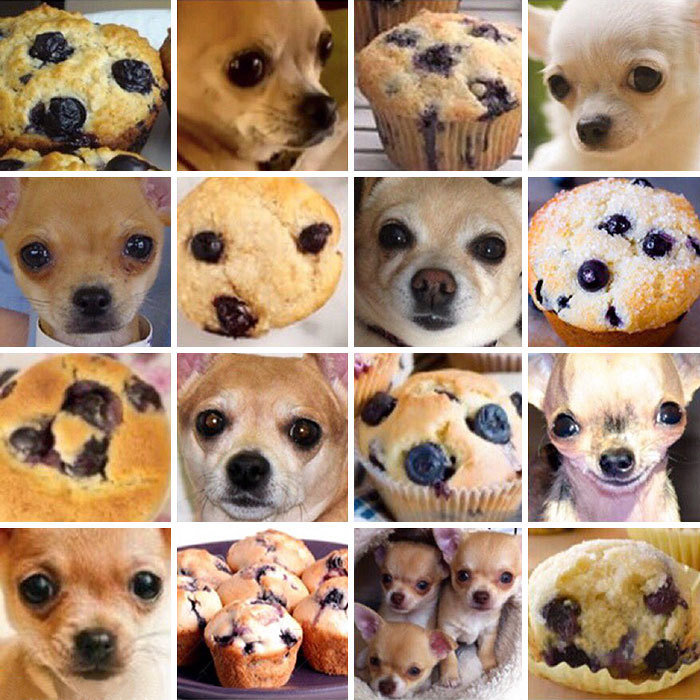Les métiers du futur dans le numérique
2 février 2022


Gabriel Chênevert
Département Computer Science & Mathematics
Théorie de l'information :
- compression
- correction d'erreur
- cryptographie

@gchenevert

Les métiers du numérique aujourd'hui


Smart everything

- Smart phones
- Smart watches
- Smart homes
- Smart buildings
- Smart cars
- Smart cities
- Smart grids
- ...
essentially means: everything is now a computer
A "smart system" is usually composed of:
- Sensors that record and generate data
- A database of said data
- A processing unit
- Actuators that interact with the environment

From quantitative to qualitative

BIG DATA
Every digital interaction generates information, often in the shape of metadata
Storage being cheap, this data is often stored for future data analysis / mining
- consumer profiles
- epidemiologic data
- meteorological stations
- power consumption
- ...


Example: internet trackers
Google Flu trends: monitoring flu from search queries

Cloud computing
Computing-as-a-Service: tasks are performed on remote server


Allows businesses to externalize and optimize their computing resources
Artificial intelligence
France IA report
Reproducing high-level human-like cognitive activities:
- recognition
- assessment
- prediction
- decision
In recent years: increase in computing power led to impressive achievements in machine learning using so-called deep neural networks
Idea: instead of implementing deductive rules (like an adult would learn a language), let the AI make up its own inductively (like a child would do)
Works quite well! And the funny thing is we don't really understand why
See: Stéphane Mallat, data scientist @ Collège de France
Object classification in real-time

Classification through training

Through training, the networks learns how to recognize
different categories.
Once it has this understanding, it can be used "in reverse" for generation.

More here
